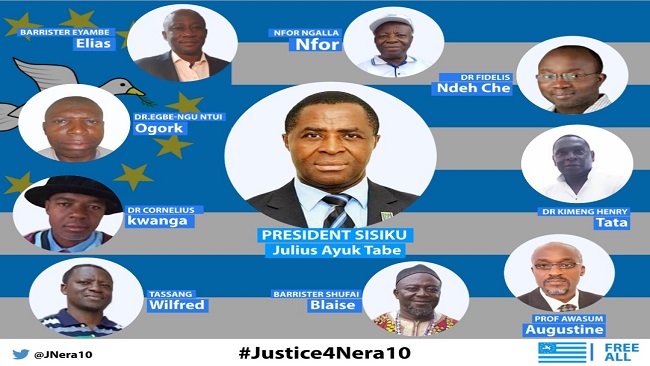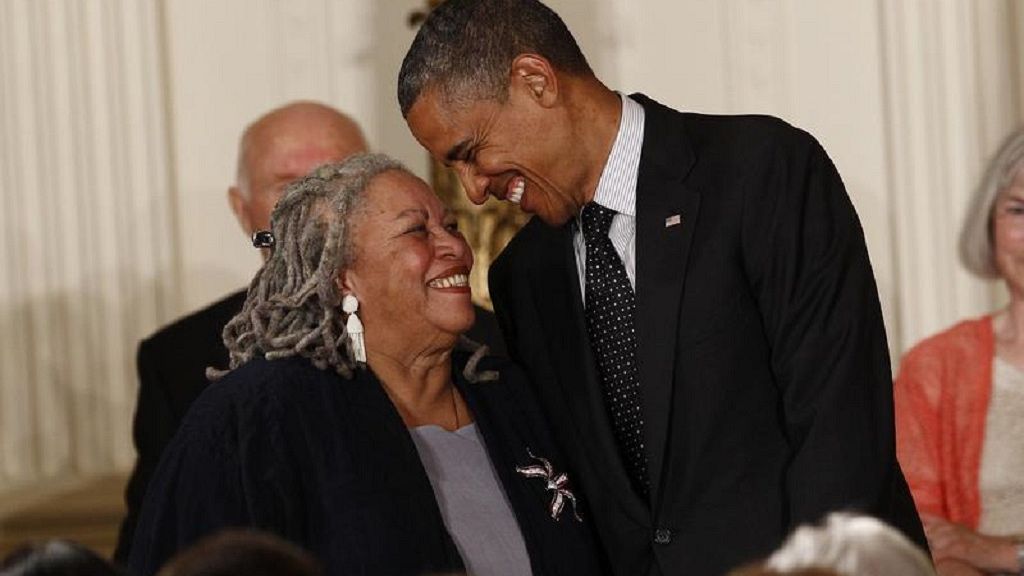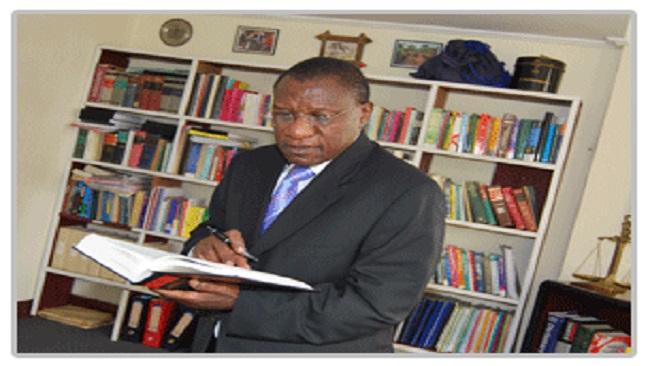27, August 2019
What is the British Council doing in Africa? 0
From the southern tip of the black continent to West Africa and the Horn of Africa, the British Council is actively promoting British interests through ostensibly “cultural” and “educational” programmes.
But why does the British Council have such a strong interest in the African continent and how does it go about using “soft” power to realise both avowed and disavowed British foreign policy objectives in the black continent?
Cultural outreach, or cultural penetration (depending on the reader’s perspective), constitutes a core British Council activity. It is the Council’s bread and butter work.
But whereas the British Council frames its cultural outreach programmes as part of a broader narrative centred on local “empowerment”, the reality is that the Council seeks to identify and manipulate emerging cultural trends with a view to creating political and economic spaces for British interests.
Take East Africa as an example, where the British Council has been exceptionally active since the dawn of the twenty first century.
A recent British Council document entitled “Scoping the Creative Economy in East Africa” gives much insight into the thinking of the Council’s leadership, and by extension, the leadership of the Foreign and Commonwealth Office.
Describing the “creative economy” in a primarily sub-national context, the document essentially calls for interventions at local or community levels in order to effect the greatest change.
The document identifies Kenya, Tanzania and Uganda where the “creative economy” offers the greatest potential. Conveniently, these are also the countries which Britain has aggressively targeted as part of post-Brexit trade deals.
On a trip to the African continent in August 2018, the former Prime Minister, Theresa May, announced that Britain had secured its first post-Brexit trade deal in Africa.
Writing in the Guardian on September 04, 2018, the British-Ghanian writer and broadcaster, Afua Hirsch, heaped scorn on May’s sweeping statements and assumptions in relation to the African continent.
Hirsch wrote: “If Britain wants to be a friend to Africa, it needs to stop looking to the continent to boost its self-esteem – “the shared history and cultural ties” of which May talks allude to Britain’s imperial domination – and its coffers”.
The British Council is also highly active in West Africa where, in recent years, it has aggressively promoted the English language. This strategy is set out in detail in a 2013 British Council document entitled: “The English language in Francophone West Africa”.
The aggressive promotion of the English language in fragile nation-states, beset by ethnic and cultural divisions, comes at a high political cost.
Take Cameroon for example, where a rebellion in the country’s western Anglophone regions has resulted in the deaths of nearly 2,000 people since October 2017.
Last week a Cameroonian military court sentenced 10 Anglophone separatist leaders to life imprisonment on wide-ranging national security charges, including terrorism and secession.
Source: Presstv





























27, August 2019
Boston pays Homage to Pa Willy George Etchu Tabi (1948-2019) 0
Dear friends,
Last weekend was memorable not just because one of my heroes was sent to rest, but the nature to which my best and childhood friend ( Stanley Tabi), demonstrated his utmost respect, humility, dedication, and character since the passing of his Dad(Pa Tabi). Family members, friends , and well-wishers swung through the streets of Boston to celebrate the life of Pa Tabi . To his memory, I wrote this tribute :
**My Tribute to Pa Willy George Tabi-Etchu**
Pa Tabi, today we mourn you as we pay tribute to you. On a personal level, he called me “ALILI,” He was always willing to help and offer advice where necessary. Pa Tabi always considered me one of his sons because of the close nature in which we interacted amongst ourselves. Our families shared a common desire to be there for each other at any time in every way. I remember the last ‘heart-on-heart’ conversation I had with him a few years ago here in Boston. He told me his biggest concern was his health. I said, “Pa do not worry that much, it will be okay.” He replied, “I hope so too.”
I still wake up every morning, hoping this is a dream, and it hurts knowing you are gone forever. It hurts because, within a year, I have lost two close members in our family. Sesseku, Engineer- John Njang Ayuk and our English Literature Tutor – Mr. Tabi Willy George. The coincidence is that they both passed just four days after I visited them in hospice. The difficult part for me to bear is that, before his passing, I seem to be the last person he could slowly call by name or recognize. As if it was not touching enough, Pa Tabi died on my birthday. Indeed, we all have a final destination, and Pa Tabi happened to get to his destination a little sooner. In this light, the old cliché resurfaces; what exactly is life?
As a family, we are at the acceptance stage, and as we mourn Pa Tabi’s passing, my heart goes all out, especially to the wife and children. However, what we, as a family must remember is this, he is in a better place, and although we have lost an inspirational member of the family, God works in mysterious ways. Togetherness is absolutely needed, and through that, we should revere the priceless moments we all enjoyed with Pa Tabi. His perseverance, integrity, and people-loving nature are just a few qualities that continue to inspire us. Pa Tabi, even as you take your final rest in Besongabang, I will not hesitate to state that a gap has been left; you left a dear friend, student, and Son in whom your teachings endeared you into his heart.
Nevertheless, be assured I am in safe hands. Your call for me not to forget our family values still lingers in my mind. While we mourn today, we also take comfort in the fact that your mission on earth has been fulfilled. We thank the Lord for your life and bid you farewell until we meet again.
Rest in peace, Pa Tabi; we will definitely miss you…
Eyong Ebot –
Moh Kukouri